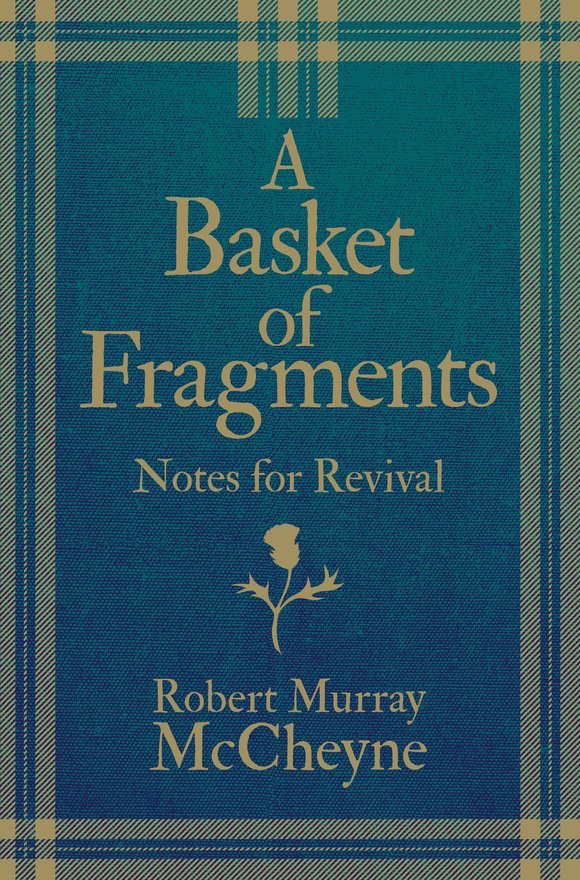
A friend recently made two pointed comments on an important subject. In his church, an evangelical church, sin only figures superficially in the preaching. And the only sin people recognise today is hurting someone’s feelings.
Contrasting views of sin
This new attitude spreads its tentacles to all areas of life in society, including questions of law and crimes that are prosecuted.
However, there is a big difference between a biblical worldview and the post–truth ‘woke’ mentality which inevitably calls into question what we think sin is.
The sins people around us recognise are racism, sexism, patriarchalism, intolerance, refusal of diversity—attitudes that express discrimination against others and are degrading for them. What is viewed as ‘sinful’, if the word is used at all, is what is perceived as aggressive by those who feel belittled.
Biblical sin is God–related
Sin in the Bible is an objective reality, the condition of being a sinner. It primarily concerns God and the way he sees sinfulness, even when it is against our neighbour. It is relational, measured by God’s holiness. It involves stepping outside a right relation with God and others and missing the mark. It is rebellion, rejection of God and transgression.
Sinfulness is not something we recognise naturally. We do not easily think we are sinners. We try to dodge accusations when we can, including those of our conscience. Sin is revealed by God’s Word, and it is known by the inner voice of conscience echoing God’s law, both natural and revealed. It is inexplicable and irrational and leads to death.
Sinfulness is not something we recognise naturally. We do not easily think we are sinners. We try to dodge accusations when we can, including those of our conscience. Sin is revealed by God’s Word, and it is known by the inner voice of conscience echoing God’s law, both natural and revealed. It is inexplicable and irrational and leads to death.
Long before being enacted outwardly, sin is an illness of the heart. So, the intention behind a crime is important. This is why, in a traditional sense, crimes sought a motivation.
Sin is the background for biblical justification, the right to stand before God and live. We are sinners through and through and can only be justified by an act of God which is foreign to our nature, including what we feel about ourselves. We know it by trust in Christ and his justice, not because we can feel it. This is the message of Romans 3.
Acts, thoughts and feelings are all objectively right or wrong, righteous or sinful, because of what is outside ourselves—a personal God who is the moral standard, and his law.
The subjective turn
Moderns like the idea of being home alone in the universe, where they rule the roost. Sin is no longer an objective reality in the eyes of a divine judge who sets the standards. It is uniquely horizontal, defined in terms of personal devaluation or abuse. Wrong is what is detrimental to the individual.
In this context, wrong is the anti–social behaviour that victims are subjected to. Even though no criminal offense may have been intended or done, they feel ill done by.
Hence two new categories, unknown a generation ago. Hate crimes are criminal offences done to others, while hate incidents are prejudices felt by victims without the law having been broken. All this may explain why police forces seem to spend hours on perceived hate offenses, while burglaries go unsolved.
Standards are no longer seen as straightforward violations of external laws but are defined in the murky depths of abuse someone claims to have felt. For instance, the expression “black market” was used during the last war to describe shady dealings. But don’t use it now. Black people may find it racist, seeing it as a reference to the slave market. They may take deep offense at it, whether or not you even made the connection.
This is the way many Christian people today will probably see sin as well, particularly the younger generation. Older people with more biblical grounding may well try, with some difficulty, to tack it on to a biblical understanding.
Perhaps this is also why there is not much preaching on sin, or we are uneasy with it, or with the idea of hell.
The sinfulness of sin
Preaching and teaching has to bring people to see that what the Bible calls sin is not primarily something felt, although bad feelings may be a consequence of sin both in the perpetrator and the victim. What is wrong or bad is a transgression against a living and a holy God. He is the one to whom we have to give account, before any wrong we may have caused others to feel. This way of thinking may be a challenge for those who are immersed in the world around by their exposure to the media.
The modern mind–set on sin, and much counselling in evangelical circles, tends to deal with it in a therapeutic way. It fails to face the deep problem of sin in relation to God, which is totally different to having bad feelings about oneself or because one is subjected to abuse by others.
To face the real problem of sin we have to allow our Christian mentality to have the last word over our feelings, whether good or bad. To do that, feelings have to bow the knee to the authority of Scripture, because God alone is the standard of right and wrong.
This is madness for our contemporaries. No matter. “Let God be true and every man a liar” (Rom 3:4).



